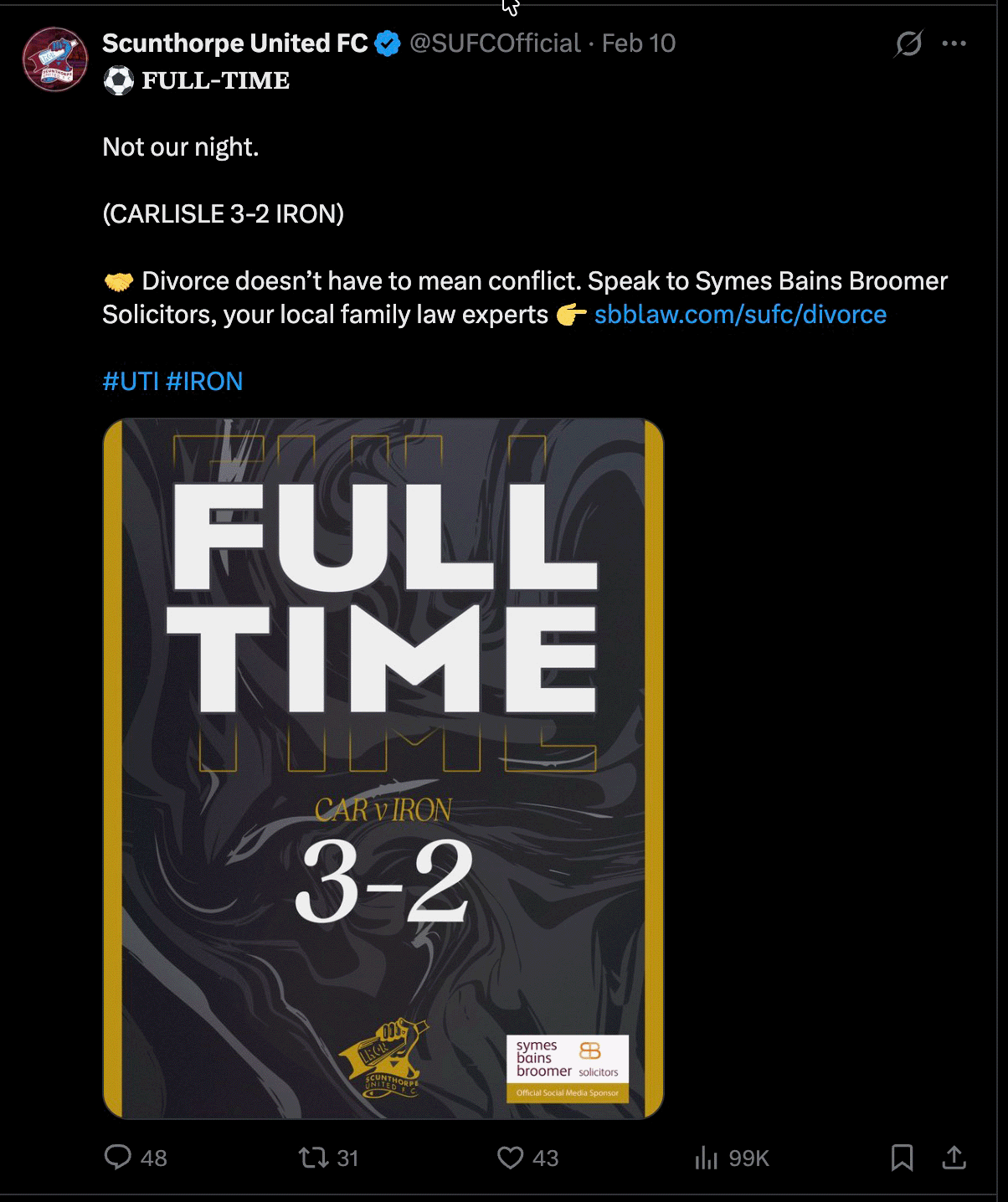It’s at least 60 years since Peter Cook’s (pictured) lugubrious coal miner complained ‘I never had the Latin for the judgin'’ and 25 years since the Civil Procedure Rules called time on the dead language’s use in the law. Even the old bona vacantia list – which to Obiter will always recall Julian and Sandy’s travel agency – now labours under the much less enticing title Unclaimed Estate List.

Nowadays it is a bold legal professional who goes against this flow. So bene factum to employment judge Drake for his gentle observations the other week. Giving judgment on a disability discrimination claim, he noted: ‘Judges are now discouraged from use of Latin maxims once frequently used by counsel to express basic legal principles. That is perhaps a pity, since a pithy Latin phrase can sometimes express very complex principles very succinctly.’
His example? ‘Causa sine qua non est causa causans’, or ‘It is wrong to say that because an event has occurred without which the circumstances would not exist in which subsequent events occur, therefore it is the cause of those subsequent events as there is a difference between “subsequence” and “consequence”.’ Perhaps readers can suggest other Latin terms which should be preserved? Suggestions, please, to obiter@lawsociety.org.uk. Alas, your efforts must be pro bono – it’d be ultra vires to offer a reward.































2 Readers' comments